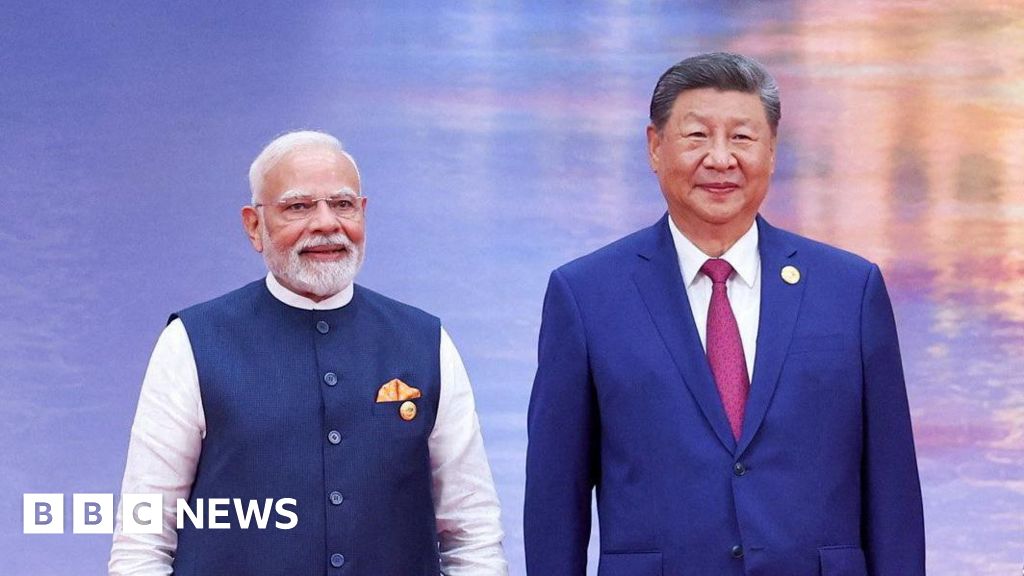China Launches Probes Targeting US Semiconductors Ahead of Madrid Trade Talks
China Launches Probes Targeting US Semiconductors Ahead of Madrid Trade Talks
On Saturday, China's Ministry of Commerce announced that it has launched two probes targeting the U.S. semiconductor sector. These investigations come just before the scheduled trade talks between China and the U.S. in Madrid. The first probe is an anti-dumping investigation into certain analog integrated circuit chips imported from the U.S. The second is an anti-subsidy investigation into certain digital signal processing chips imported from the U.S. Both investigations are in response to complaints from Chinese companies about alleged unfair trade practices by their American counterparts.
The Impact on US-China Trade Relations
These probes are just the latest in a series of trade tensions between the two countries. The ongoing trade war has seen both sides impose tariffs on billions of dollars worth of each other's goods. With these new probes, it seems China is not backing down in their efforts to level the playing field in the semiconductor market. This move could potentially lead to more retaliatory actions from the U.S. and further escalate the trade war between the two economic giants.
The Future of the Semiconductor Industry
The semiconductor industry is a crucial part of the global economy, with both China and the U.S. being major players in the market. These investigations could have far-reaching consequences not only for these two countries, but also for the rest of
About the Organizations Mentioned
China's Ministry of Commerce
China's Ministry of Commerce (MOFCOM), established in 2003, is a cabinet-level executive agency under the State Council responsible for formulating and implementing policies governing domestic and foreign trade, investment, and international economic cooperation[1][3][5]. It originated from a merger of the former Ministry of Foreign Trade and Economic Cooperation and parts of the State Planning and Economic Trade Commissions, ending over five decades of separation between domestic and foreign trade governance[3][7]. MOFCOM’s core functions include policy formulation for trade and consumer protection, regulation of market competition, negotiation of bilateral and multilateral trade agreements, and promotion of foreign direct investment (FDI)[1][5]. It oversees import and export controls, including licensing and sanctions, and works to streamline customs processes to facilitate smooth trade operations[1][4][6]. Additionally, MOFCOM manages China’s trade relations with the World Trade Organization (WTO) and other countries, playing a crucial role in international trade diplomacy[3]. The ministry also regulates sector-specific trade activities such as technology transfers, export controls on dual-use goods, and supports Chinese enterprises expanding overseas[2][6]. It supervises commercial offices abroad, manages foreign business representations in China, and coordinates foreign government loans and investments[2]. MOFCOM's regulatory role extends to maintaining fair competition practices, preventing monopolies, and ensuring consumer rights protection within China’s vast market[1][5]. Under the leadership of Minister Wang Wentao, MOFCOM continues to adapt to China’s evolving economic landscape by emphasizing trade facilitation, industrial security, and technological innovation in trade policies[3][4][6]. Its influence is notable in strategic sectors like food safety, where MOFCOM ensures compliance with rigorous quality standards impacting both domestic supply chains and international exports[1]. As China deepens its integration into the global economy, MOFCOM remains a central institution shaping the country’s trade environment and global commercial engagement[5][8].
















